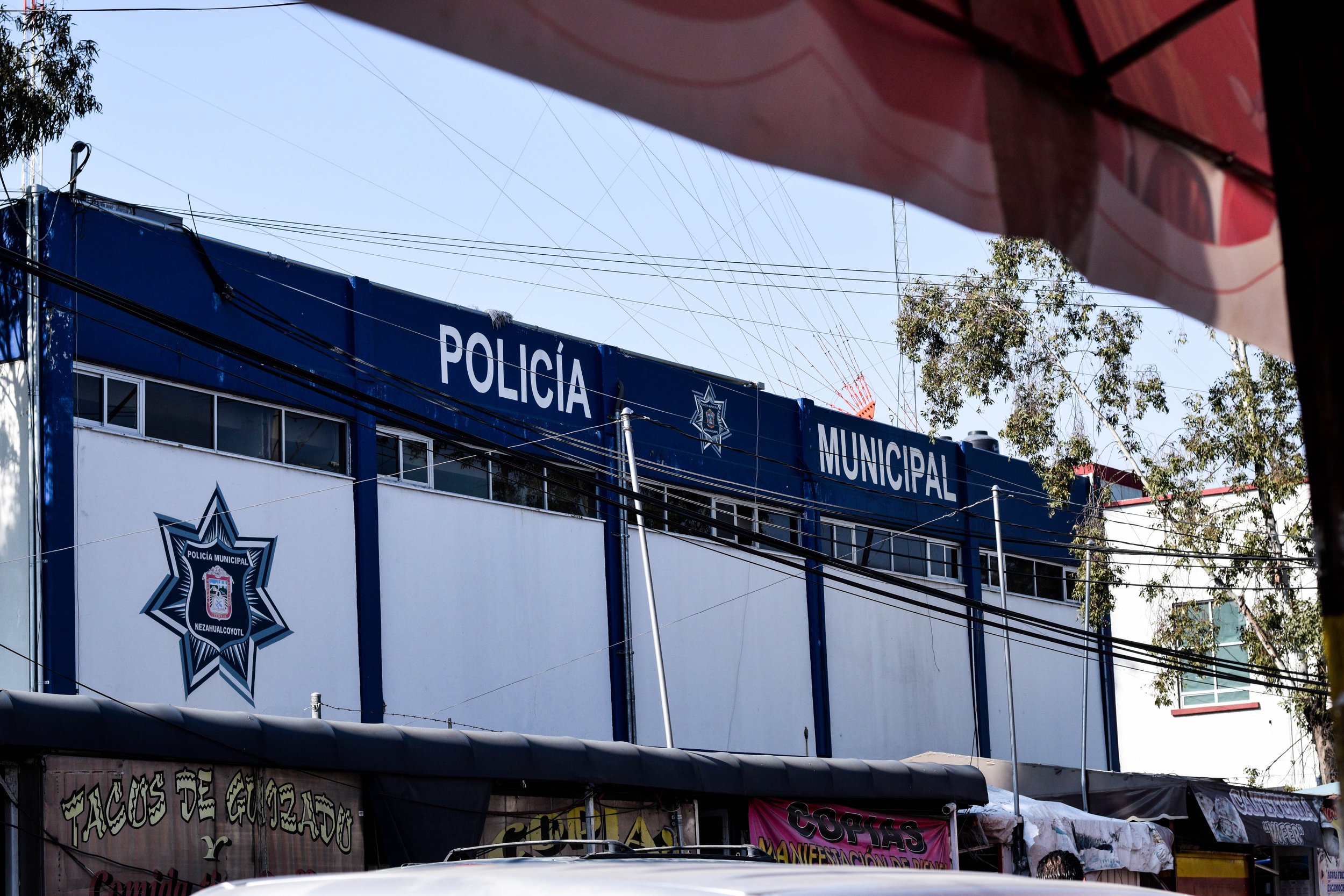
Building Effective, Resilient, and Trusted Police Organizations
Public safety as a fundamental precondition for entrepreneurial activity, particularly in emerging markets. Yet, the local police forces that are the first, indispensable lever of public safety face myriad challenges, but no clear framework to inform integral police reform. Given the urgency of the problem and the scale required to study it, I decided to seek institutional partnerships and funding to launch a research program to study police forces as organizations, through two research streams.
The first explores questions of organizational design and reform. Police forces are, first and foremost, organizations that face particularly acute versions of the general problems of organizing. And Mexico is a valuable laboratory for their study, as there are more than 2,000 police forces with enormous variance in their structural configurations, organizational practices, and development paths. To study them, we put together the first comprehensive longitudinal dataset of all Mexican police forces, registering their organizational characteristics between 2010 and 2018. We integrated more than 25 public and private data sources about their structural characteristics and their social, demographic, and economic contexts. To gain additional insight into their detailed managerial practices, we conducted two rounds (2018, 2020) of in-depth interviews with a representative sample of ~500 police forces using an instrument adapted for policing from the World Management Survey (WMS; Bloom and Van Reenen 2007). We have also done extensive fieldwork, documenting nine matched cases of committed efforts of police reform across the country through more than 750 interviews. Finally, we partnered with private firms to gain access to detailed data about consumer habits and behaviors. Our first contribution will be to open this dataset to all interested researchers.
The overarching goal is to analyze what it means to build the organizational capacity of police forces to create organizations that are trusted, effective, and resilient. A first paper out of this research, together with Jess Zarkin (second round review) describes the Police-WMS and provides an overview of the managerial practices of police forces across Mexico. The granularity of the data also allows me to identify how specific practices cluster together and are complementary, and to build theory on optimal vs. suboptimal organizational equilibria, path dependencies, trajectories of organizational development, and the role of leadership.
In the second stream of research, we partnered with the Mexico City police to study how to improve citizen engagement, trust, and perceptions of police legitimacy. We conducted a randomized controlled trial with 1,854 police officers and managers to determine whether procedural justice training and citizen engagement could improve their behavior. We designed novel instruments to measure treatment effects on the perception of officers (baseline-endline surveys), the internalization of the training (400 in-depth interviews based on a photo-journal exercise), and on their behavior (600 simulated, “mystery shopper” interactions with professional actors). The first three papers out of this stream document causal, substantive, and positive effects of the training. In the first, with Marina Gonzalez, Juan Santini, and Alexis Cherem (forthcoming, Management Science), we document improvements in police officer perceptions, behavioral intentions, and identification with the profession of policing. The second, together with Amy Wrzesniewski, unpacks the causal effects of the training on police officer behavior in the field to develop novel theory on how perceptions of legitimacy and trust are constructed through interactions. And the third, together with Jess Zarkin and Lluvia Gonzalez, shows that the training had profound causal impacts in how police officers conceived of their role and professional identity, shifting away from self-identifying as strong enforcers and towards seeing themselves as trusted protectors.
These different lines of work contribute to a variety of organizational theories. They demonstrate both that training can have profound impacts in the perceptions, identities, and behaviors of organizational actors as well as the mechanisms through which these impacts travel. They also make meaningful contributions to questions of organizational design and institutional development. But they also have clear implications for practice. For example, we contributed substantially to the federal administration’s National Policing Model, we have helped escalate Procedural Justice training to the entire MCPD force, and we have supported training for several cities across Mexico.
